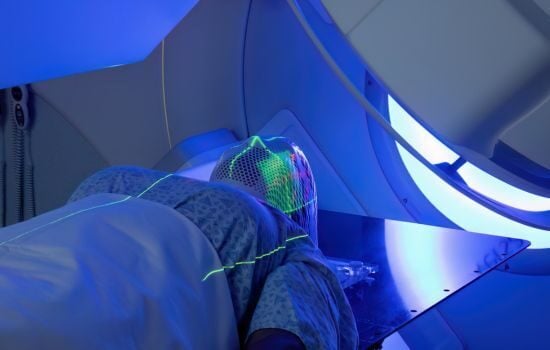Radiation therapy, while targeting cancerous cells, also takes a toll on the body’s healthy tissues, leading to a range of side effects that can significantly impact a patient’s nutritional intake. Fatigue, nausea, appetite loss, and altered taste sensations are common occurrences during treatment, often making even the simplest meals feel daunting. The primary nutritional goal during this period isn’t about adhering to a strict dietary regimen but rather focusing on providing the body with nourishment in a manageable and gentle way. This approach prioritizes comfort and ease of digestion over rigid dietary plans.
Post-radiation, food transitions from a mere necessity to a vital component of the healing process. It becomes a source of strength and, importantly, an aspect of recovery that patients can often control. Since radiation can suppress hunger cues and deplete energy levels, it’s crucial to avoid skipping meals, even if appetite is diminished. Smaller, more frequent meals are often better tolerated than large ones. Easily digestible options like dal khichdi, curd rice, mashed vegetables, and fruit smoothies offer both comfort and essential nutrients without overburdening the digestive system. When solid food presents a challenge, broths and porriages provide a gentler alternative.
Protein plays a critical role in tissue repair and recovery, making it a cornerstone of post-radiation nutrition. Soft-cooked eggs, curd, dals, paneer, fish, and chicken (if tolerated) are excellent sources of protein. If chewing is difficult, these foods can be mashed or pureed to facilitate consumption. Adding a spoonful of ghee or a drizzle of oil can boost caloric intake without increasing volume, which is particularly beneficial for patients experiencing reduced appetite. This helps ensure adequate energy intake for the healing process.
Maintaining hydration is paramount during and after radiation, even in the absence of thirst. Radiation can cause dryness in the mouth, sore throat, and digestive issues like diarrhea, all of which can contribute to dehydration. Regularly sipping plain water, coconut water, buttermilk, lemon juice with a pinch of salt, or herbal teas can help combat dehydration. If taste changes make water unpalatable, warm, thin soups offer a hydrating alternative. These can also provide essential nutrients and electrolytes.
Managing side effects is a key aspect of nutritional planning during radiation therapy. Nausea may be better managed with dry foods like puffed rice, toast, or plain crackers, while bland, soft-textured foods like overcooked rice, mashed vegetables, or soaked poha are less irritating for a sore or sensitive mouth. Avoiding very hot or spicy foods can also minimize discomfort. Adapting food choices to accommodate these fluctuating side effects ensures continued nutritional intake throughout the treatment process.
Unintentional weight loss is a common side effect of radiation therapy, and it can occur rapidly. Early intervention is crucial if clothes start to feel loose or if eating becomes a struggle. Nutrient-dense shakes or meal replacements can be beneficial in some cases, but it is essential to consult with a doctor or clinical dietitian before incorporating these into the diet. They can assess the individual’s needs and recommend appropriate options. It’s important to remember that not every day will be the same. Cravings and food tolerances can fluctuate, so flexibility in dietary choices is important. The focus should be on consistent nourishment rather than striving for a perfect diet.
Navigating the abundance of online dietary advice, particularly regarding cancer, can be overwhelming and potentially harmful. Juice cleanses and extreme diets claiming to “fight cancer” may not be suitable for everyone, especially during radiation treatment. Following such regimens without medical supervision can exacerbate the stress already placed on the body by the treatment. Sticking to balanced, comforting meals is generally safer unless a medical professional advises otherwise. A balanced diet provides the necessary nutrients without putting undue strain on the digestive system.
The overarching goal of nutritional support during radiation therapy is to provide nourishment without adding further stress. While a healthy diet may not alleviate every symptom, it can contribute to a more manageable experience and support the body’s ability to cope with the treatment. Small changes, like adding an extra spoonful of rice, a glass of buttermilk, or a handful of soaked nuts, can cumulatively provide significant nutritional support. If any doubts arise regarding dietary safety or suitability, consulting a clinical nutritionist can provide valuable guidance. With professional support, food can become a source of comfort and strength during this challenging time. The expertise of a clinical nutritionist can personalize dietary recommendations based on individual needs and tolerances.














